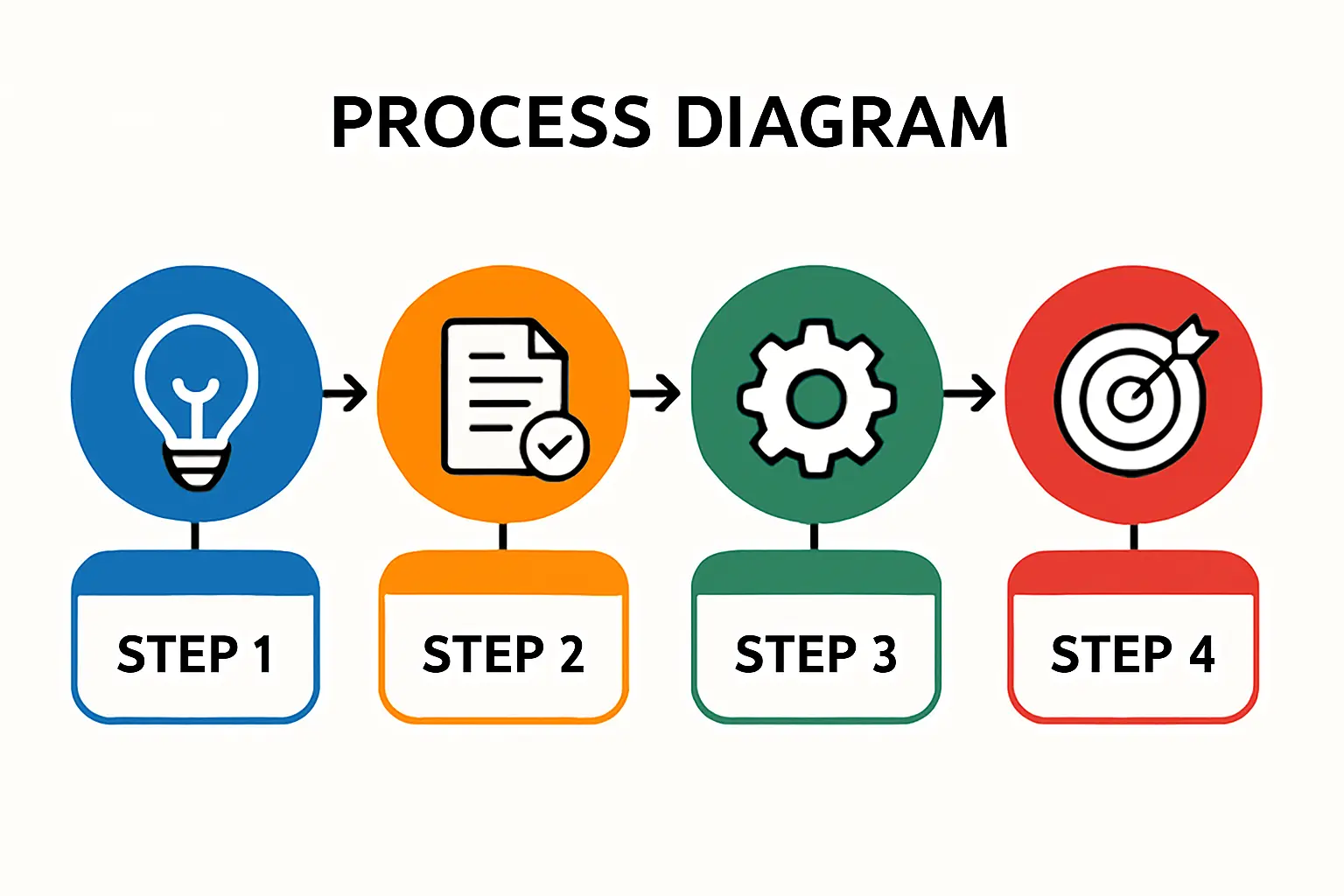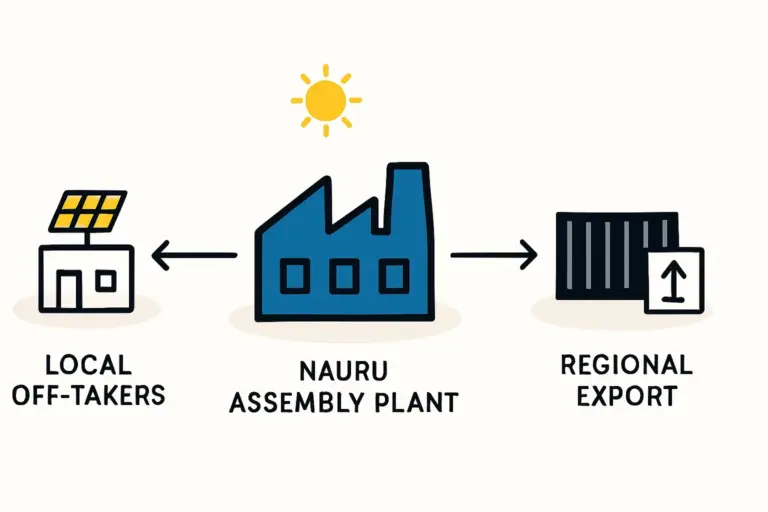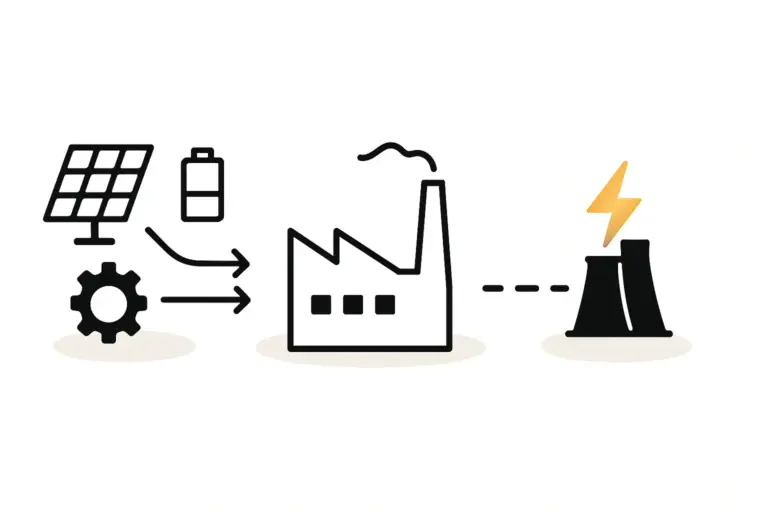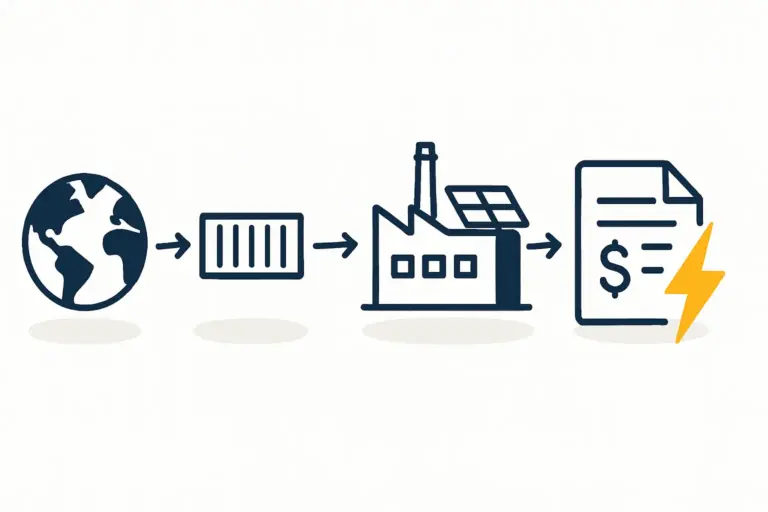Entrepreneurs looking to establish a manufacturing presence in the Pacific region often look to larger, more established economies. However, smaller sovereign nations like Nauru offer unique opportunities for focused investment, particularly for those who understand its specific regulatory environment.
Establishing a foreign-owned enterprise here is a matter not of chance, but of process. Success depends on a clear understanding of the legal framework, administrative steps, and practical on-the-ground realities. This guide provides a foundational overview for foreign investors considering Nauru for a manufacturing facility, outlining the key legislative acts, government bodies, and procedural steps involved.
Understanding Nauru’s Unique Economic Context
Historically, Nauru’s economy was almost entirely dependent on phosphate mining. With these resources now largely depleted, the government is actively seeking to diversify its economic base through foreign direct investment (FDI).
This national priority has shaped a regulatory landscape that is more welcoming to foreign capital, especially in sectors that can create sustainable local employment. For an investor, this context signifies a government motivated to support new ventures. It also means that proposals aligning with national development goals—such as renewable energy or sustainable manufacturing—may find a more receptive audience.
The Core Regulatory Framework: Key Legislation and Agencies
Navigating the investment process in Nauru requires working with specific government bodies under a defined legal framework. The system is designed to be centralized, providing a clear path for applicants.
The Foreign Investment Act 2022
The cornerstone of Nauru’s FDI policy is the Foreign Investment Act 2022. This legislation was enacted to streamline the application process, provide greater transparency, and define the rights and obligations of foreign investors. Its primary purpose is to create a predictable and secure environment for international businesses. The Act outlines the screening process for investment proposals, ensuring they benefit Nauru’s economy and comply with its laws.
The Role of the Department of Commerce, Industry, and Environment (CIE)
The Department of Commerce, Industry, and Environment (CIE) serves as the primary administrative body for foreign investors. It is responsible for managing the foreign investment application process, issuing business licenses, and providing guidance. For any prospective manufacturer, the CIE is the first and most important point of contact. The department assesses applications, coordinates with other government departments, and ultimately recommends the approval of a Foreign Investment Registration Certificate.

A Step-by-Step Guide to Business Establishment
Establishing a manufacturing entity in Nauru follows a logical sequence. While timelines can vary, a systematic approach ensures all legal requirements are met efficiently.
Step 1: The Foreign Investment Application
The initial and most critical step is submitting a comprehensive Foreign Investment Application to the CIE. This document is the business case for your proposed venture and typically requires:
-
A Detailed Business Plan: This should include the nature of the manufacturing activity, production targets, market analysis, and employment projections. For deeper insights, investors may find resources on how to start a solar factory useful for structuring their own proposal.
-
Proof of Financial Capacity: Evidence that the investor has the necessary capital to fund the project through its initial phases.
-
Know Your Customer (KYC) Documentation: Standard due diligence information on the principal investors and the parent company.
Step 2: Business Registration and Licensing
Once the Foreign Investment Application is approved and a certificate is issued, you can formally register the business entity with the Registrar of Corporations. A formal application for a Business License is then submitted to the CIE. This license permits the company to legally conduct its specified manufacturing activities in Nauru.
Step 3: Securing Premises and Operational Permits
With the legal entity established, the focus shifts to the physical setup. This includes:
-
Leasing Land or Premises: As land is a finite resource, securing a suitable site requires careful negotiation and adherence to local land laws.
-
Construction and Environmental Permits: Any new construction or significant modification will require permits, including an environmental impact assessment if the manufacturing process warrants it. Understanding the general building requirements for a manufacturing plant can prevent costly delays.
Practical Considerations for Manufacturing Operations
Beyond regulatory approvals, successful long-term operation depends on planning for the practical realities of doing business in a remote island nation.
Infrastructure and Logistics
Logistics are a primary planning consideration. All machinery, raw materials, and components will likely need to be imported by sea. Investors must factor in shipping schedules, port capabilities, and inland transportation. It is also vital to assess the stability of the power grid and the availability of utilities. Addressing logistics and utility requirements early is critical to meeting project timelines.
Labor and Workforce Development
The local workforce in Nauru is small. A manufacturing venture will need a clear strategy for recruitment, training, and the potential use of expatriate technical staff. Investing in local training programs is an effective way to build a skilled team and demonstrate a long-term commitment to the community. A well-defined plan for hiring and training a skilled workforce is a key component of a successful operational strategy.

Compliance and Reporting
Once operational, the business must meet ongoing compliance obligations. This includes corporate tax filings, employment reporting, and any specific requirements tied to the business license or environmental permits. Establishing a relationship with a local accounting or legal advisor can be highly beneficial for managing these responsibilities.
Frequently Asked Questions (FAQ)
What is the typical timeline for the foreign investment approval process?
While there is no fixed timeline, a well-prepared application can often be processed within three to six months. Delays are most commonly caused by incomplete business plans or missing information.
Are there specific manufacturing sectors the Nauruan government prioritizes?
The government is generally open to any investment that creates jobs and contributes to economic diversification. However, ventures in renewable energy, sustainable technologies, fisheries processing, and light manufacturing are likely to be viewed favorably.
Is there a minimum capital investment required?
The Foreign Investment Act does not specify a universal minimum capital amount. Instead, the focus is on the viability of the business plan and the investor’s demonstrated capacity to fund the proposed project.
How is the taxation system structured for foreign companies?
Nauru has a corporate income tax system. It is advisable for investors to seek professional advice from a financial consultant familiar with Nauru’s specific tax laws and any potential incentives available for new manufacturing enterprises.
Charting Your Path Forward
For the diligent and well-prepared investor, establishing a manufacturing business in Nauru is a viable path. The opportunity lies in the nation’s clear desire for economic diversification and its streamlined approach to foreign investment.
Success hinges on a thorough understanding of the regulatory process, meticulous planning for logistical challenges, and a proposal that aligns with the country’s development goals. For a systematic framework to navigate these hurdles, resources like the pvknowhow.com e-course offer structured guidance for project planning and execution.



